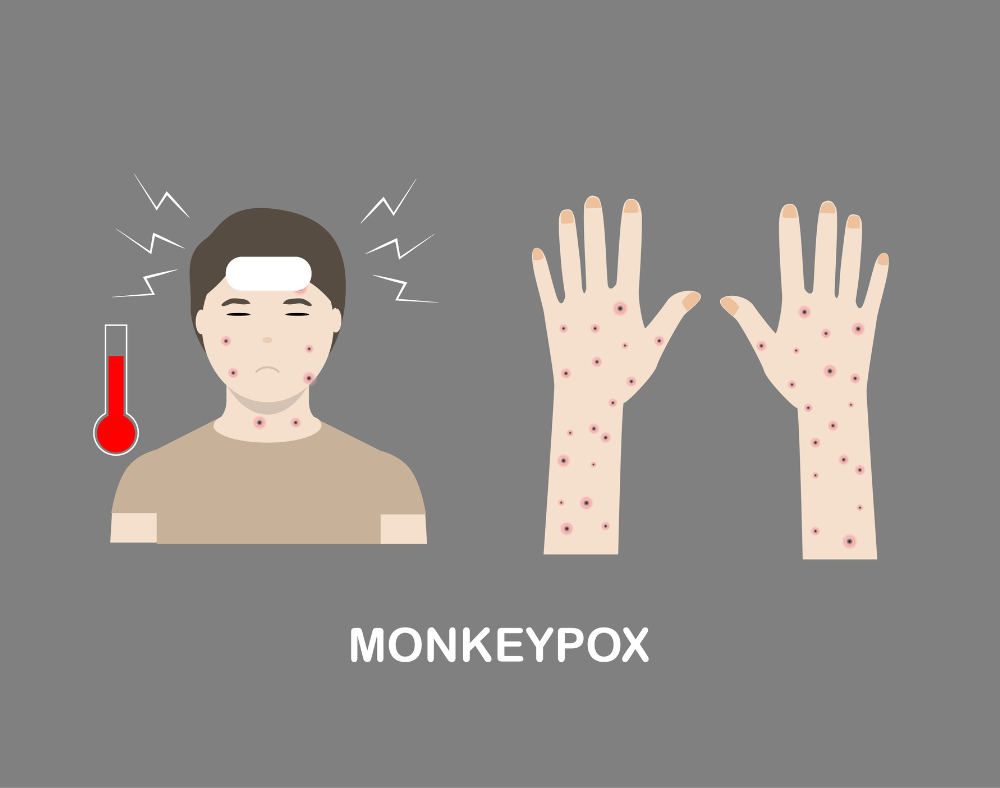Monkeypox, or MPX, is a new disease in Australia. It comes from a group of viruses that includes the now-wiped-out smallpox virus. Originally it came from a zoonotic disease – a disease that jumps from animals to humans. In this case, the disease was spread from African Monkeys to humans. There are currently about 140 active cases in Australia, with almost half of these in Victoria.
The Disease
The disease usually starts with a rash on the face, including the mouth, which then spreads to other parts of the body. The rash can then develop into sores resembling pimples or blisters, which can burst and form ulcers or scabs. The disease can also lead to fever, chills, swollen lymph nodes, headaches; joint, muscle and back pain; and exhaustion.
Some cases can be less severe and involve as little as a rash or one blister, whilst others can experience thousands of blisters. According to data from the CDC, 10% of cases are fatal.
Transmission
The disease can be spread in 3 main ways:
- Directly by Fluids – bodily fluids, including saliva or droplets from coughing or sneezing from an infected person.
- Direct Contact – with blisters, sores or scabs of an infected person.
- Indirect Contact – through objects an infected person touches, such as bedlinen or towels.
People At Risk of Infection
Currently, data gathered by groups such as the CDC and the WHO suggest that bisexual and gay men, as well as men who have sex with men with multiple partners, constitute the majority of Monkeypox cases.
Prevention
There are currently two available vaccines for Monkeypox, with one available in Australia (the JYENNOS vaccine). This is a live attenuated vaccine that is very effective and safer than the other vaccine. It can even be given in the first few days of suspected infection and can be effective in avoiding disease.
Unfortunately, the vaccine is in short supply, but ATAGI has approved the vaccine for certain groups, including:
- Close physical contact with infected people, including intimate partners and household members.
- Groups who may be at higher risk of exposure or spread of MPX, such as bisexual or gay men, or men who have a high number of sexual contacts or who have been / will be travelling to countries where MPX is found.
- People to whom MPX is more likely to result in serious illness, such as immunocompromised individuals.
- Sex workers
- People with occupations that could put them at higher risk, such as healthcare and laboratory workers.
If you have concerns about your risk of exposure, you should contact your doctor today.

